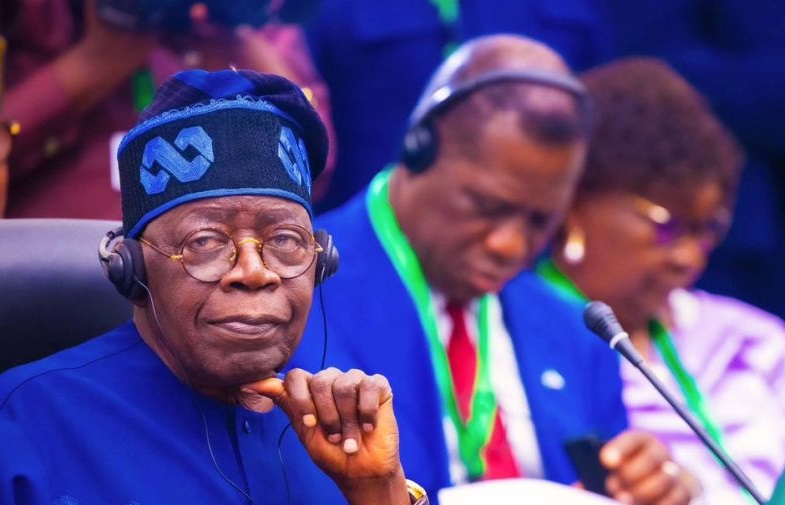Minister of Finance and Coordinating Minister for the Economy, Wale Edun, has disclosed that the N13 trillion deficit in the proposed N48 trillion 2025 budget will be financed through borrowing.
He disclosed this to State House Correspondents on Monday after the Federal Executive Council (FEC) meeting presided over by President Bola Tinubu at the Presidential Villa on Monday.
According to him, the total projected revenue for 2025 was estimated at N34.82 trillion, while expenditure is set at N47.96 trillion—an increase of 36.8% from the 2024 figure. The resulting deficit of N13.14 trillion represents 3.89% of GDP.
Edun explained that the budget was crafted to reflect progress made under President Tinubu’s leadership over the past 18 months, with a focus on fiscal sustainability and economic growth.
“And even looking at it from an international context, we, like governments around the world, are concerned about how to achieve fiscal sustainability, revenue to expenditure and borrowing that is balanced, to create an environment in which the economy can grow,” he said.
He emphasised the role of private-sector investment in driving economic growth, creating jobs, and reducing poverty.
“Private sector led economies such as ours and others rely on investors to put down their money in various projects, increase productivity, create jobs, grow the economy and in the case of countries such as ours, bring the people out of poverty,” Edun stated.
The minister also highlighted recent reforms implemented by the Tinubu administration, including market-based pricing for petroleum products and foreign exchange, as well as efforts to improve electricity tariffs.
“Just recently Shell announced a $5 billion investment, Total announced a multi-billion dollar investment just before that, and there are so many others expressing interest in investing in this country,” he said.
He described the 2025 budget as prioritising critical government spending while creating space for private-sector-led investments.
“This budget is based on government spending in critical areas, but also more importantly, encouraging and making room for private sector investment,”Edun noted.
Highlighting improvements in the economy, he pointed to the resumption of domestic petrol refining for the first time in 25 years.
“For the first time in about 25 years, we have domestic refinement of petrol, not just to produce petrol but also raw materials for industries across a whole range, from pharmaceuticals to building products to textiles,” he stated.

 2 hours ago
1
2 hours ago
1















 English (US) ·
English (US) ·